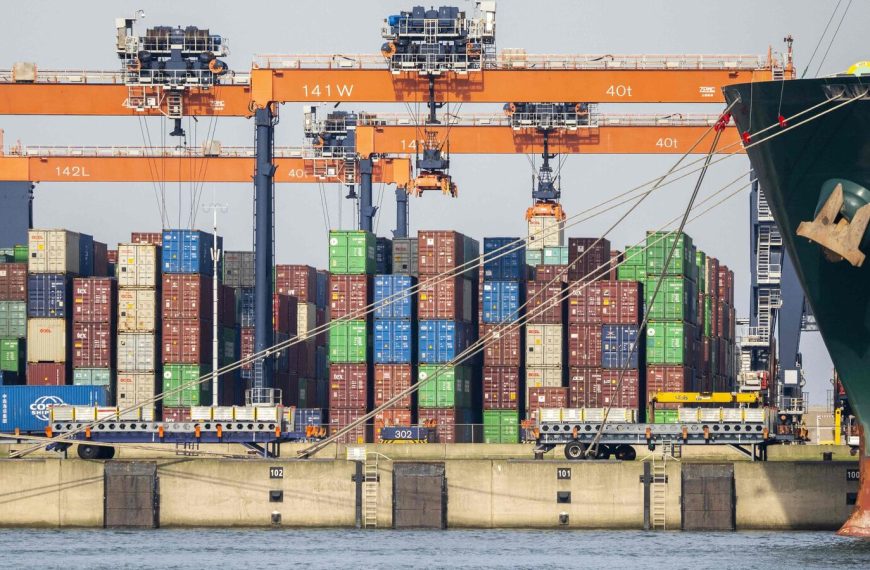The Indian government is taking significant steps to enhance the legal framework surrounding digital assets with the introduction of the Income Tax Bill 2025. Previously, the Income Tax Act lacked the necessary legal provisions for effectively monitoring digital assets, prompting officials to address this gap. Finance Minister Nirmala Sitharaman emphasized the urgency of these measures during her discussions, noting that the evolving landscape of digital finance requires robust oversight.
Strengthening Legal Provisions for Digital Assets
The upcoming legislation aims to align tax regulations with modern technological advancements. The government recognizes the need for stringent measures to ensure that virtual assets, including cryptocurrencies, are not able to evade scrutiny.
- Enhanced Access: The new bill empowers tax officials to monitor communications through platforms such as emails, WhatsApp, and Telegram.
- Business Transparency: It also allows access to enterprise software and storage solutions that may be used to hide financial transactions.
Importance of Digital Evidence
Minister Sitharaman highlighted the critical role of digital evidence in tackling tax evasion. She stated, "Collecting data from digital accounts is vital, not only for demonstrating tax evasion in court but also for accurately calculating the total tax owed." This approach underscores the government’s commitment to ensuring tax compliance in the rapidly evolving digital economy.
Legislative Progress and Future Steps
On March 25, the Lok Sabha successfully passed the Finance Bill 2025, which included 35 amendments, one of which eliminated a six percent digital tax on online advertisements. This approval marks a crucial milestone in the budgetary process for the upcoming fiscal year.
- Next Steps: The bill will now be reviewed by the Rajya Sabha, the Upper House of Parliament. Once approved, the budgetary framework for 2025-26 will be finalized.
Vision for a Developed India
Sitharaman affirmed that this Finance Bill is a step towards realizing the aspirations of the Indian populace and aligns with Prime Minister Narendra Modi’s vision for a Viksit Bharat (Developed India) by 2047. She expressed that the legislation aims to provide clarity and certainty in tax matters, ensuring that all citizens contribute fairly to the nation’s development.
As the government moves forward with these reforms, it is clear that the landscape of tax compliance in India is set to undergo a significant transformation, reflecting the dynamic nature of digital finance. The measures outlined in the Income Tax Bill 2025 represent a proactive approach to ensuring that no asset type, especially digital ones, escapes the eyes of tax authorities.
For further updates on the Finance Bill and its implications, stay tuned to reliable financial news sources.











